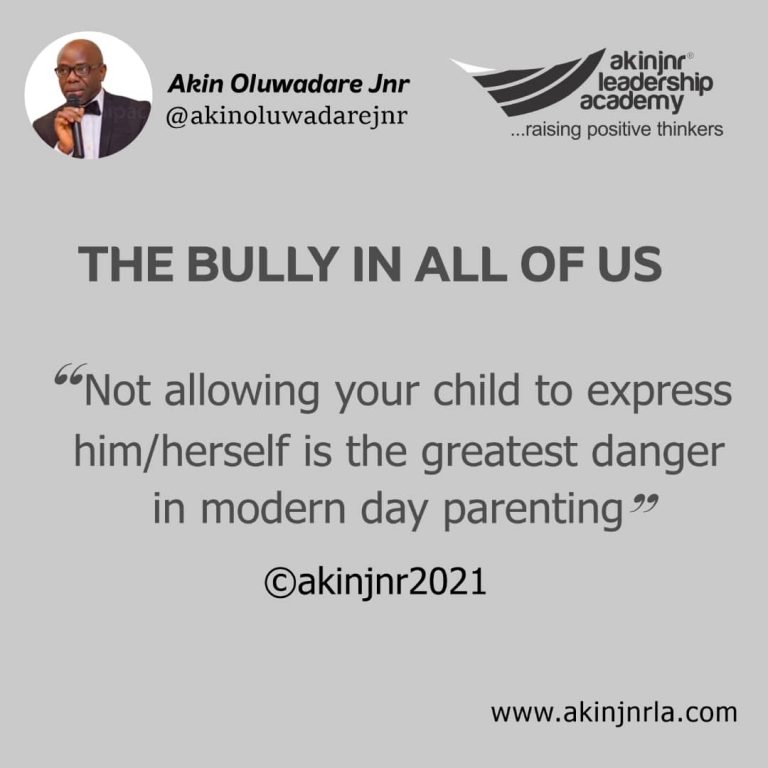I came across a post on Facebook recently where a motivational speaker wrote disparaging comments, practically condemning some of his followers for wasting their time, money and data to watch skits on social media that don’t add value to them (in his opinion) when they could spend the same amount to register for his online course.
Ironically, this came from a trainer who offers quality teachings on selling. I know because I follow his online teachings and I found in him great quality of a trainer with deep content. His posture in that instance contradicts my perception of him and I was so disappointed, to say the least.
Sales and marketing have taken a completely new dimension. Whether you are selling a product, a service or yourself, we all need some tips on branding and brand management. Whatever you want to convince me to buy or buy into is a brand. The world has dynamically changed such that personal branding has become a moving product and those who know the secret are cashing out with great rewards.
Whether in business or politics, some brand managers make the common mistake of focusing on the competitors of their brand than the brand itself. It is more common in politics to see brand managers and media handlers spend more time telling the potential buyers of their product (the electorate) what their principal’s competitors cannot do and not what their principal can do.
In a false sense of accomplishment that they are exposing the weakness of their principal’s competitor, the brand managers unknowingly put the competitor in the consciousness of the would-be buyers with little information about the strength of their own principal. This is a lazy approach to brand management. In a normal setting, it should harm more than it helps, in determining the buyer’s choice.
As a potential buyer, I will be more interested in knowing what you can do for me than what your competitor cannot do for me. If all you keep telling me is what your competitor cannot do, you are likely to raise my curiosity to research more into what your competitor can do, in addition to what he cannot do. What if I don’t need what he cannot do? You would have, unintentionally, sold your competitor to me than yourself.
Back to my introduction, however beautiful and well packaged your brand is, I think it is incorrect for you to think that your product is the only best thing that the buyer needs to the extent of condemning what others have to sell, with little regard to the buyer’s pride. A better approach is to tell the buyer why yours is the best and not make the buyer look stupid for choosing what others have to sell.
The motivational speaker erroneously believes that everybody must like his brand. He forgets that people are different and so are their choices. As a person, not minding my attraction to formal teachings, I take a lot of life and leadership lessons from those short skits that are packaged and disseminated in comical forms. Some buyers don’t even care about any lesson, they just want to laugh and be happy.
Somebody may ask, if you don’t expose your competitor’s weakness, then who will? My response to that will be that the best brands in the world sell their strength and not their competitor’s weakness. Put succinctly, the best brands don’t even talk about the product, rather they focus on values until they become a phenomenon in their buyer’s mind. A good example is Apple. The choice is yours.
©️Akin Oluwadare Jnr
14 March 2022




